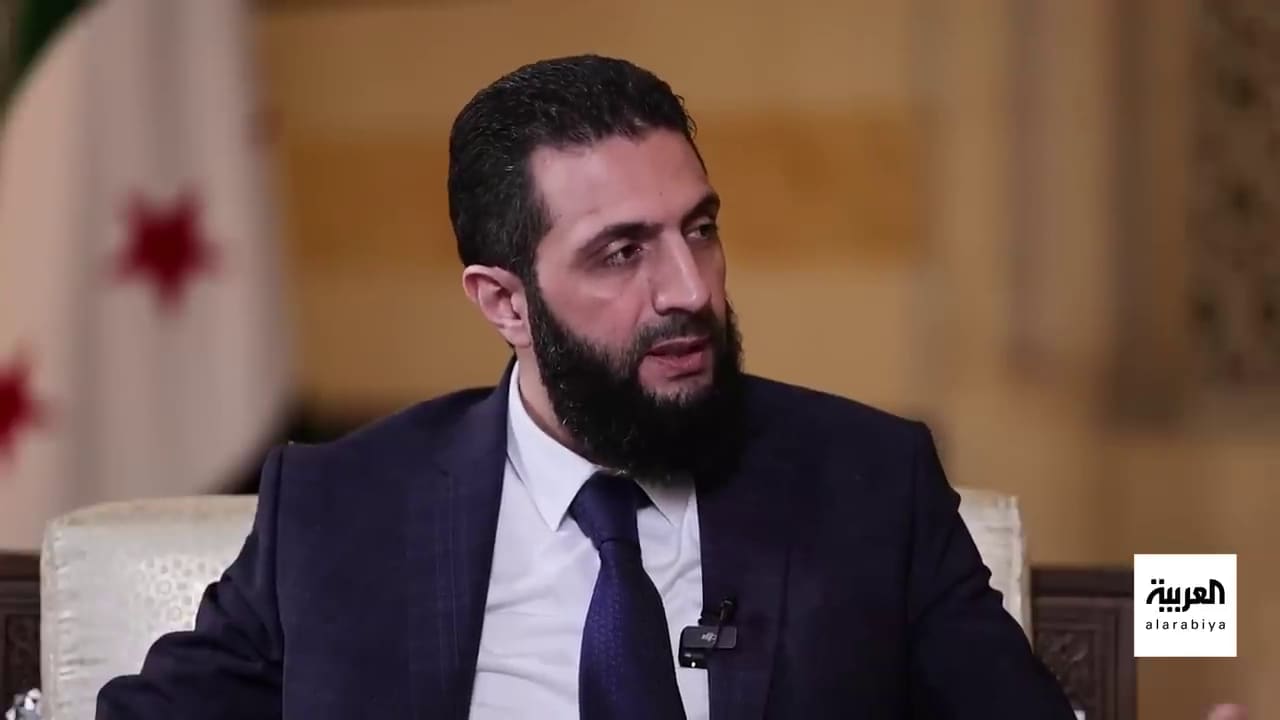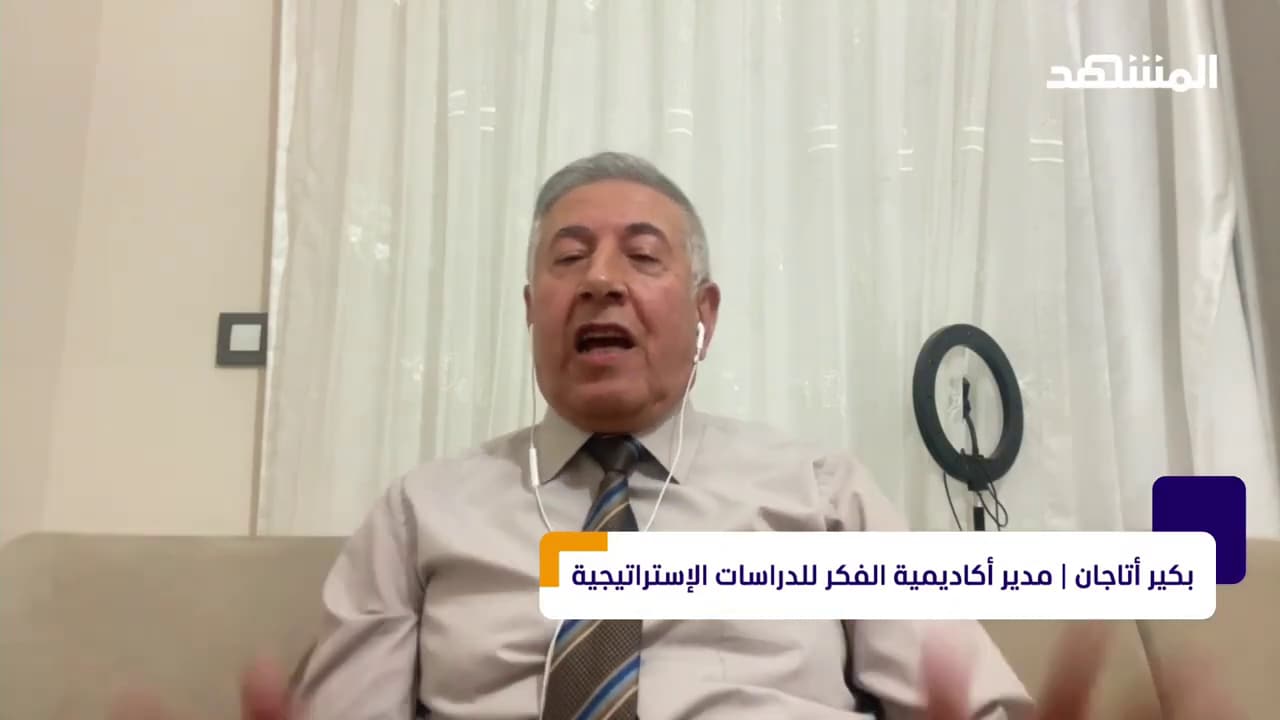
The following are excerpts from an interview with liberal Saudi writer Hamza Hassan, on December 22, 2004 on ANB TV (Lebanon/London):
Host:There are thousands of princes who divide the wealth of the country amongst themselves, and they fear that these benefits will be lost, if there is accountability, transparency, and a struggle against corruption… Is this what the ruling family fears? Saudi ambassador to the UK Prince Turki (Al-Faysal) said at the recent symposium in Dubai that there are forces within the regime, within the Saudi government, that oppose development, and that these forces "will oppose the economic changes and social changes that come in their wake, but that ultimately they will give in."
Hamza Hassan: Excuse me, this is the logic of Prince Turki, the logic of (Foreign Minister) Prince Saud Al-Faysal and others. They claim that the government is more progressive than the people. This is an excuse…
Host: You mean his intention was that forces outside the government are those resisting reform…
Hamza Hassan: Yes, and the government is reformist. This is nonsense, with all due respect to the princes who spoke. The truth is that the demands made by society are far ahead of the government. The government is incapable of responding to these popular aspirations, and this is one of the problems that diminish the regime's legitimacy.
Hamza Hassan: The state budget is sufficient for both the people and the royal family. But (the royal family) takes it all. It takes the land, and takes the budgets, large and small, giving nothing to the people, while 30% live under the poverty line and there's huge unemployment. This is no longer acceptable. You must give something in order to continue (to rule). The royal family can extend its life by means of reforms and not eliminate itself, as you said – even though the odds of this are slim. Most of the odds…
Host: There cannot be reform the royal family reforms itself. If the family does not reform itself and its benefits and profits, it will not be able to continue to rule endlessly.
Hamza Hassan: The story goes beyond the royal family, because it is not only the royal family that profits from the state. The royal family is one of those. The religious establishment also opposes reform. It opposes political reform, which would force it to acknowledge other elements that it doesn't want. Right now, it represents religion for the entire country.
Hamza Hassan: There is a problem with the infrastructure of the country. The connection between… This country cannot be compared even with the other Arab countries, because there is no national identity. You as a tribesman…
Host: …don't take the name of the state…
Hamza Hassan: No, not only that. The government used to think that anything that has to do with national identity endangers it. It wanted another kind of identity, an identity governed by religion, which costs it nothing. Because if you create a national identity you create a national culture, you create cooperation, you create equality among the citizens, you create different things. The government did not want this.
Hamza Hassan: If the public demands 100%, it is inconceivable that you give it 5%. The people's aspirations are high – by the standards of the government. But in reality, these are natural aspirations: that there will be an elected Shura council. Is this such a problem? Even these local elections, ridiculous as they may be – was it so difficult to allow them be full elections, instead of appointing half the council? They have become one-quarter elections: They are half elections because the government appoints half the council, and women don't vote, so in effect they are one-quarter elections. This is why neither the elites nor the simple public have the appetite for these elections. There is despair, and this, especially, is a problem. When the street despairs because the government is not carrying out reforms or is incapable of reforming itself, it is natural for some groups to turn to violence. This is the only option that remains open…
Hamza Hassan: It has become clear to me, from legal documents that I received, that corruption has reached the highest levels, much more than it should have. This doesn't mean that there aren't judges…
Host: You refer to the corruption in the legal system, not to corruption in general…
Hamza Hassan: The legal system is connected to the Interior Ministry. The interior minister causes problems in several areas. He causes problems in the media, he causes problems in the legal system. He gives orders to judges and frames… This is really one of the problems. What is strange is that the reformists who were arrested, were accused, among other things, of criticizing the legal system. This is one of the allegations. This is to explain how the problem developed. As for the violence - the violence of the Saudi regime, of course, cannot be compared to that (of Saddam) in Iraq.
Host: Or in other Arab countries…
Hamza Hassan: Or even in Egypt…
Host: Or in Libya, or Morocco…
Hamza Hassan: But I want to say that the Saudi regime is as fierce as the other regimes in its willingness… As we speak, there are many… There was firing on demonstrations. I don't mean yesterday, but there was firing on demonstrations in the eastern region, for example, and even people in their homes were killed, not only demonstrators…
Host: But the violence is not on the scale of… relatively speaking…
Hamza Hassan: Hundreds of wounded and 30 dead. Besides that, how many have died from torture? Huge numbers. Maybe not "huge" numbers, but not merely a few. If you want, then it is possible to talk about those who were thrown in jail for no reason and who were tortured. Severe torture…
Host: And there are no rules, no human rights…
Hamza Hassan: There are no human rights. They don't care about these things.
Host: It is known that in Saudi Arabia, violence is a phenomenon that exists in religious and tribal teachings. If the religious police urge people to go to pray, and heads and hands are cut off in the public squares, and all this is done under the slogans and teachings of the religion, I ask whether the Saudis are not bound to become more violent as a result of the things perpetrated in the name of religion and law.
Hamza Hassan: Violence is present in the interpretation of the religion, in the religious heritage. I refer to the official government Salafi religious heritage. This is the violence that we are witnessing. This violence has roots. It's not new. It is based on teachings, on religious rulings, and on beliefs. These beliefs served the state, but today… They served the state, which used them in accusing Abd Al-Nasser of heresy (takfir), in the takfir of Qaddafi, the takfir of Saddam Hussein, the takfir Khomeini, of anyone... It used these beliefs against Communism, against the opposition… The same belief and the same texts that served the regime against others have been turned against the regime and against the royal family. Now they are used in the takfir of the royal family and of the mufti…
Host: This has boomeranged on them…
Hamza Hassan: And this is one of the problems, because there is no violence without an ideological basis and religious theorizing, and this religious theorizing is to be found in the heritage. Therefore, the so-called "Wahhabi Salafi" religious heritage – and I am not saying this in condemnation – needs to be re-read and re-analyzed. It needs a new theorizing. Otherwise it will continue to serve as explosives in the hands of anyone who reads and is being educated on this heritage.
Hamza Hassan: Women and religious minorities in Saudi Arabia are two issues… The Saudi government is very weak in defending its position. On these issues in the world… The issue of women in Saudi Arabia doesn't require too much discussion. It is enough that women cannot…
Host: Drive a car…
Hamza Hassan: Give birth. Give birth in a hospital. She cannot go to the hospital alone, according to a decision by the interior minister, made less than a year ago. In addition, she cannot drive a car. She cannot sign a release form for her child to undergo surgery.
Host: Even the Saudi intellectuals… I asked some Saudi intellectuals who studied in the U.S. about women driving a car. I asked them: "Would you permit your wives or daughters to drive a car?" Without hesitation, they said "No." Why? Because this is a tribal matter.
Hamza Hassan: Women are repressed all over the world, but in Saudi Arabia the repression of women is, in my opinion, is not insignificant. Perhaps some of the reasons for this are mistaken religious interpretation, some from tribal customs, and some from political considerations. We should go into detail...
Host: What do you mean, by "political considerations?"
Hamza Hassan: Even if the government believes woman may work in this or that area, it will not allow it in consideration of the religious establishment and fear that the sheiks will revolt and wreak vengeance.
Hamza Hassan: The liberties in Saudi Arabia have shrunk. In the press… The Al-Watan newspaper stood out, encouraging you to read it every day. Today it's impossible. Freedom of expression has been weakened, and this causes problems, because the press was used to let off steam. If you do not do this, the steam is let out in the form of violence.
Host: For decades we have been hearing the same names. Isn't it time for new faces?
Hamza Hassan: King Fahd, may Allah give him long life, is 84 or 85, The crown prince just turned 82, Sultan is 80,and the "young", Prince Naif, is 76 or 77.
Host: That is, the old guard must give way…
Hamza Hassan: They intend to give way to their sons…
Host: And thus the political problem will remain. The problem of reform will remain as it is.
Hamza Hassan: Of course, because the old mentality runs the country. They think with the mentality of 1930-1940. It cannot work today. The new generations… 60% of the Saudi people are under 25. This means that you don't understand the public, and your media discourse proves that you don't understand the public. If you listen to the Saudi news or read what the officials say, you realize that they don't understand this people.
Hamza Hassan: I think that the young people are in despair, and do not fear the government because they haven't tasted its oppression and they have nothing to lose because they haven't enjoyed the prosperity brought by the oil. This is a public that is open to the entire world via the Internet, television, and travel, and it is enraged. This is a generation of young people who have a university degree, but live as a burden on their fathers. All they need is a fuse to explode.













